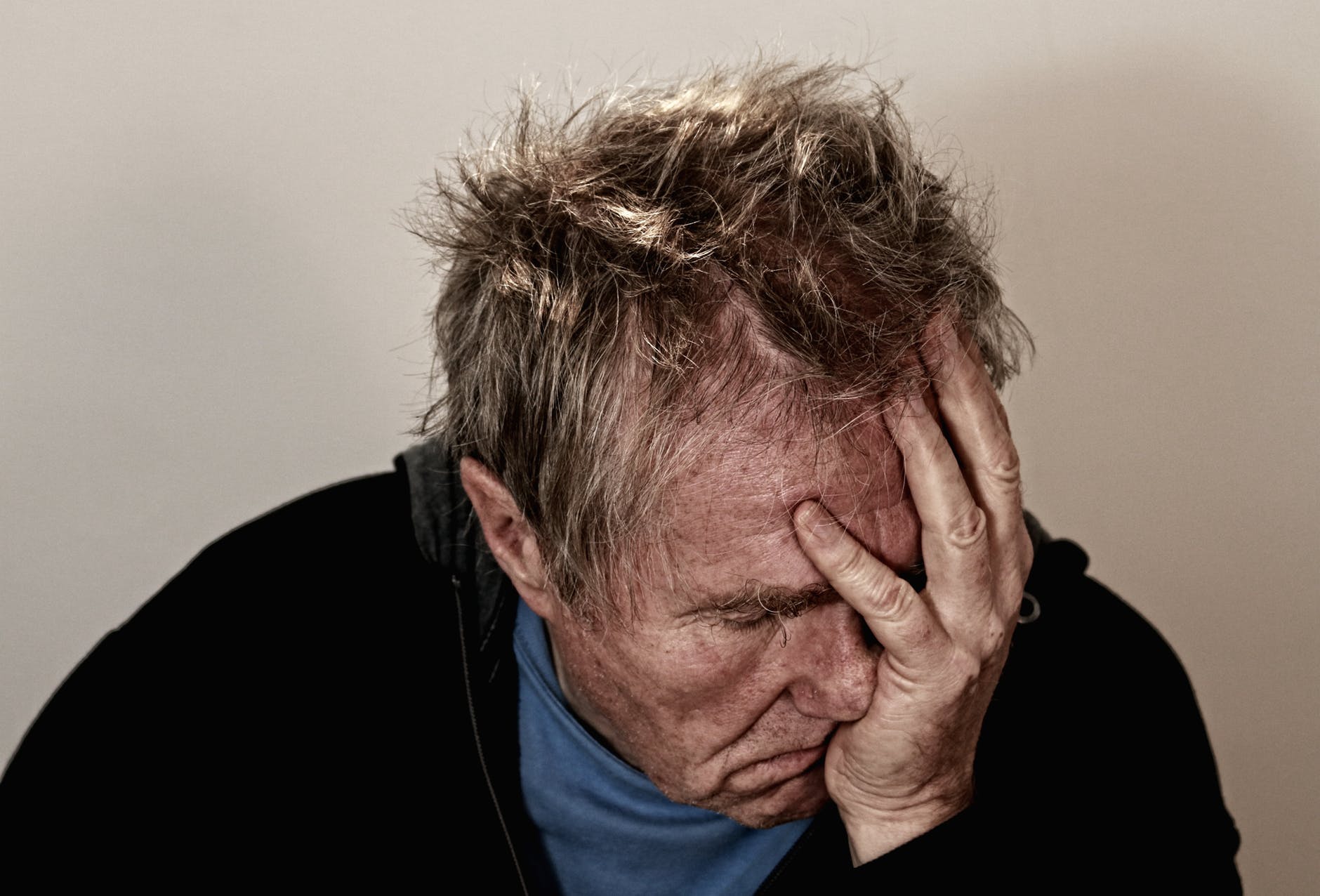After almost a year of the coronavirus pandemic in the UK, many sections of society say it’s taking a significant toll on their mental health.
High among them are the elderly and those most vulnerable to the effects of the virus, who have spent months self-isolating or shielding at home to protect themselves. Perhaps hardest hit of all are those who live alone and have had to stay at home due to old age or other vulnerability.
 Now that we’re in a third national lockdown, the advice has again gone out to these vulnerable groups to shield themselves by staying at home and avoiding going out at all if possible. Although practical support is available, prolonged isolation is known to have a negative impact on mental health. Just the fear of catching the potentially lethal virus can cause severe stress and anxiety.
Now that we’re in a third national lockdown, the advice has again gone out to these vulnerable groups to shield themselves by staying at home and avoiding going out at all if possible. Although practical support is available, prolonged isolation is known to have a negative impact on mental health. Just the fear of catching the potentially lethal virus can cause severe stress and anxiety.
However, help is at hand and one of the best places to start is the section of the NHS website dedicated to mental health and wellbeing. You can explore it by clicking here.
This national and free online resource is packed full of information and advice for anyone who is feeling stressed, anxious or depressed. Interactive features include a ‘mood self-assessment’ to help you understand how you’ve been feeling recently. There’s also a series of mental wellbeing audio guides designed to help with low mood, anxiety, problems sleeping, low confidence and unhelpful thinking.
The NHS website for mental health and wellbeing is split into three main sections, each with numerous links for particular topics. The first section is designed to help you work out how you’re feeling and understand why you might be feeling that way. Topics covered include stress, anxiety, low mood and depression. There’s also valuable advice for those feeling lonely, angry or suffering grief after a bereavement.
The second main section focuses more on actions you can take yourself to help improve mental health and wellbeing. Topics covered here include raising low self-esteem, breathing exercises to combat stress, ‘mindfulness’ techniques, 10 stress busting techniques and five steps to mental wellbeing. There’s also a section devoted to depression, including tips to help you cope, how exercise can alleviate depression, and how to help someone else with depression.
The third main section looks at the types of therapy and counselling used to treat mental health problems, including self-help therapies and ‘talking therapies’. While some ‘face-to-face’ treatments have clearly been affected by the coronavirus pandemic, many others can still be accessed remotely and safely. This section also contains links to various helplines and support groups, including those for loneliness in older people.
If you’re struggling with your mental health due to the ongoing coronavirus pandemic, the main thing is not to suffer in silence. The older generation were often brought up to ‘soldier on’ without complaining, but this approach often just makes things worse. Far better to admit you need help and seek it out.
In many cases you’ll be able to help yourself – once equipped with the right information, tools and advice – but if you need support from others that’s available too. Taking the first step is often the hardest, but by visiting the NHS website you can easily find a pathway to whatever type of help and support will best meet your needs.
